Practice: the underpinning of sporting ability
A pole vaulter's (un)likely story
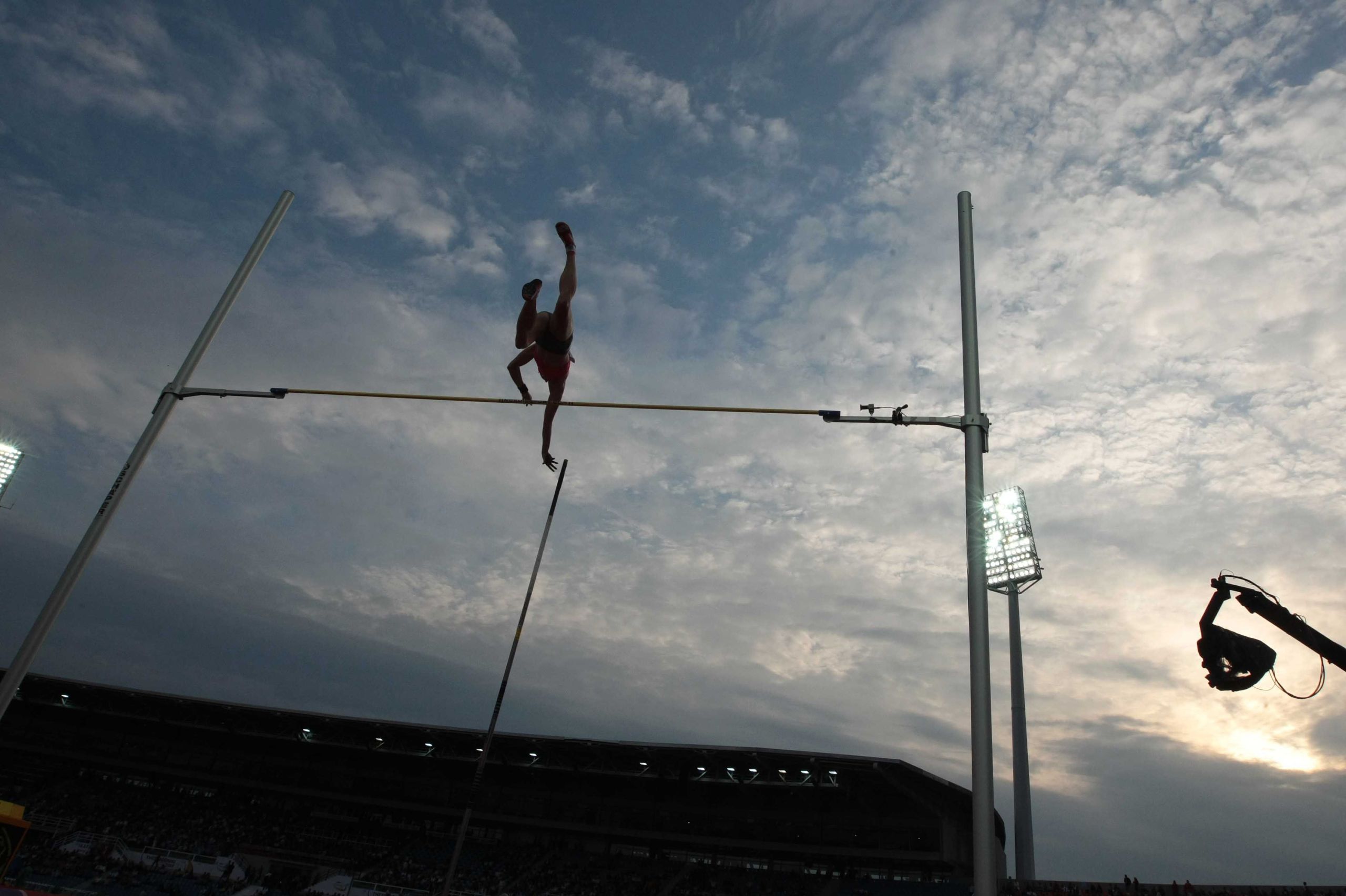
Dave Gordon was never a standout athlete during his school days. Sure, he was the 2nd XV rugby captain and a Surrey Schools cricketer, but by his estimations he was “averagely talented”.
He knew he’d never be a professional rugby player, nor would he play cricket for England, yet he retained a desire many school children share - to become an international sportsman.
Fast-forward 35 years and Gordon, now 52, is the founder of sustainable clothing company Bamboo Clothing, he is helping supply the NHS with PPE to aid the fight against COVID-19, and he has realised his boyhood dream of becoming an international sportsman.
“I was a teenage kid who saw the romance of being a professional sportsman and thought, ‘Yeah let’s have some of that!’,” Gordon recalls.
“When I hit 17, I saw Boris Becker win Wimbledon at the same age as me and thought, ‘Bloody hell Dave you’re going to miss the boat here, get your act together’.
“It was clear I wasn’t going to be an international sportsman in rugby, football or cricket, but I always thought that pole vaulting could be my thing, so I found a way to start.
“I was coached at Loughborough University from the age of 18 to 21, I went to Australia to train with a very good Australian coach, I spent eight years working with [former British Olympic pole vaulter] Brian Hooper, and after ten years I was competing internationally.”
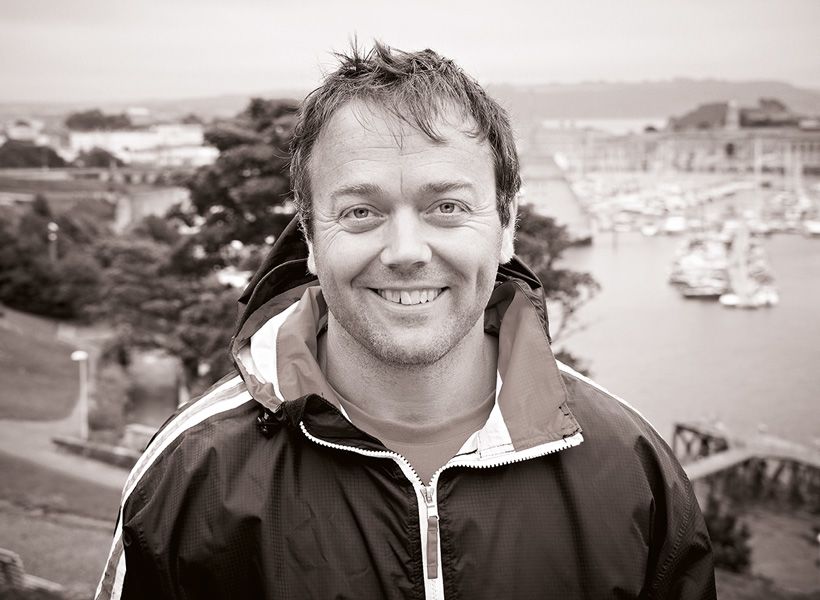
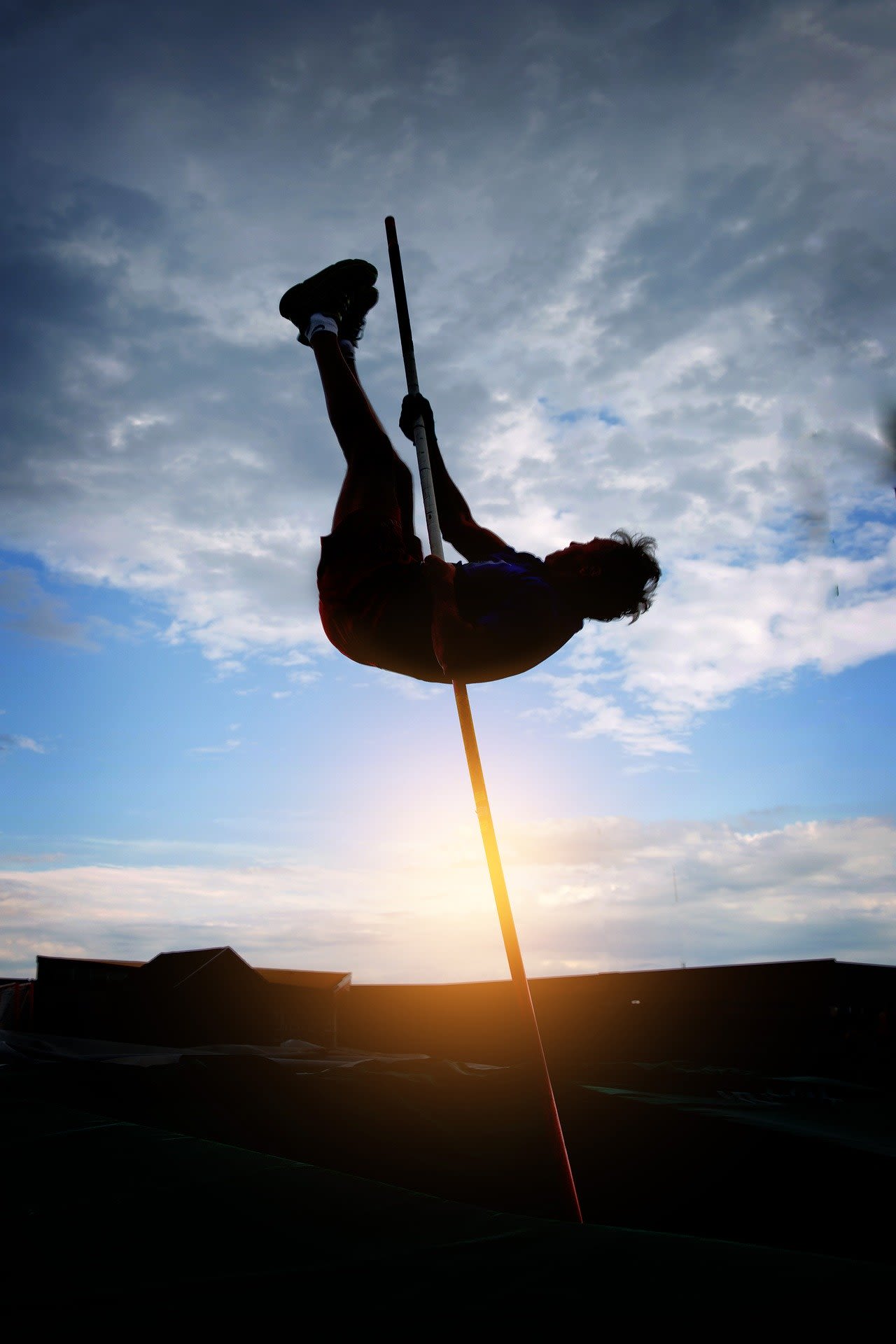
Gordon winning silver at the 2013 World Masters' Athletics Championships in Porto Alegre, Brazil
Gordon winning silver at the 2013 World Masters' Athletics Championships in Porto Alegre, Brazil
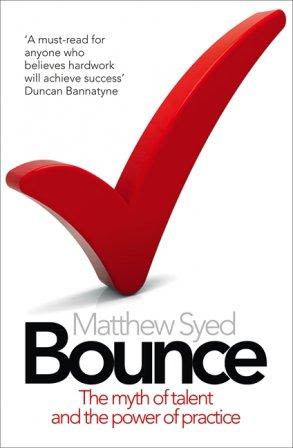
Gordon’s story begs an interesting question: What underpins sporting ability? Does natural talent separate the best from the rest? Or is it obsessive dedication? What’s the secret?
In his bestselling book Bounce: The Myth of Talent and the Power of Practice, Matthew Syed suggests 10,000 hours of purposeful practice is the key to an individual’s sporting success.
Gordon has read the book - unsurprisingly it’s one he can relate to - and he believes Syed’s conclusions set out how virtually anyone could do what he did with the right practice.
“I agree that to be a successful athlete there is a required talent threshold,” he says. “If you’ve got great hand-eye coordination, you’ll probably be really good at cricket and squash, whereas you're not going to get a rugby prop forward who can pole vault.
“But I’m very cognisant of [Syed’s] conclusion that the required talent threshold is surprisingly low, and then it comes down to application.
“I think sporting success is underpinned by 75 per cent practice and 25 per cent talent - though the crucial part is that it’s 10,000 hours of very good practice.
“If I could have read his book at the age of 12, I think I would have taken a different approach to my sporting endeavours.
“I assumed either you were really good, or you weren’t. The idea of applying myself and developing my talent was a bomb that didn’t land for a long time later.”
The levels Gordon has attained irrespectively resemble a satisfying culmination of the time and effort he has put into his boyhood dream.
After an initial eight-year career in which he represented Wales, Gordon hung up the spikes aged 33, but began competing again in Masters Athletics events six years ago.
He has since endured an illustrious comeback, notably winning the M45 (+45 age category) silver in the 2013 World Masters’ Championships and the M45 gold at the 2017 World Masters Games.
Gordon continues to feel a buzz from competing well against the best around - some of whom were winning World Championship medals in the 1990s - but despite his seemingly remarkable success that hinged on hours of practice and dedication, he still laments his lack of application during his twenties.
“I didn’t really understand the pole vault at any point when I was younger,” he says. “Looking back I don’t know how I did it before.
“I had the basic attributes required of a pole vaulter - pace, power, skill acquisition, a slight devil-may-care attitude - but what I lacked then was immersing myself completely in understanding the technicalities of the event.
“I had problems with shin splints throughout my twenties, but while I was injured I went off and did other things as I waited for myself to heal. That’s the difference between me and a true champion.
“In the months that a true champion couldn't train, he would be sitting, watching, studying and learning, but because I wasn’t a true champion, I didn't do that.
“I see myself as an underachieving pole vaulter in my twenties. I am an example of reasonable talent that got me to a certain level, but in order to really kick on, I needed absolute total dedication, which I didn’t quite have.
“On the contrary, my coach Brian [Hooper] made two Olympic finals despite being short and slow in pole vaulting terms; but because he was so unbelievably driven, obsessive and had a champion’s mentality, that made the difference.”
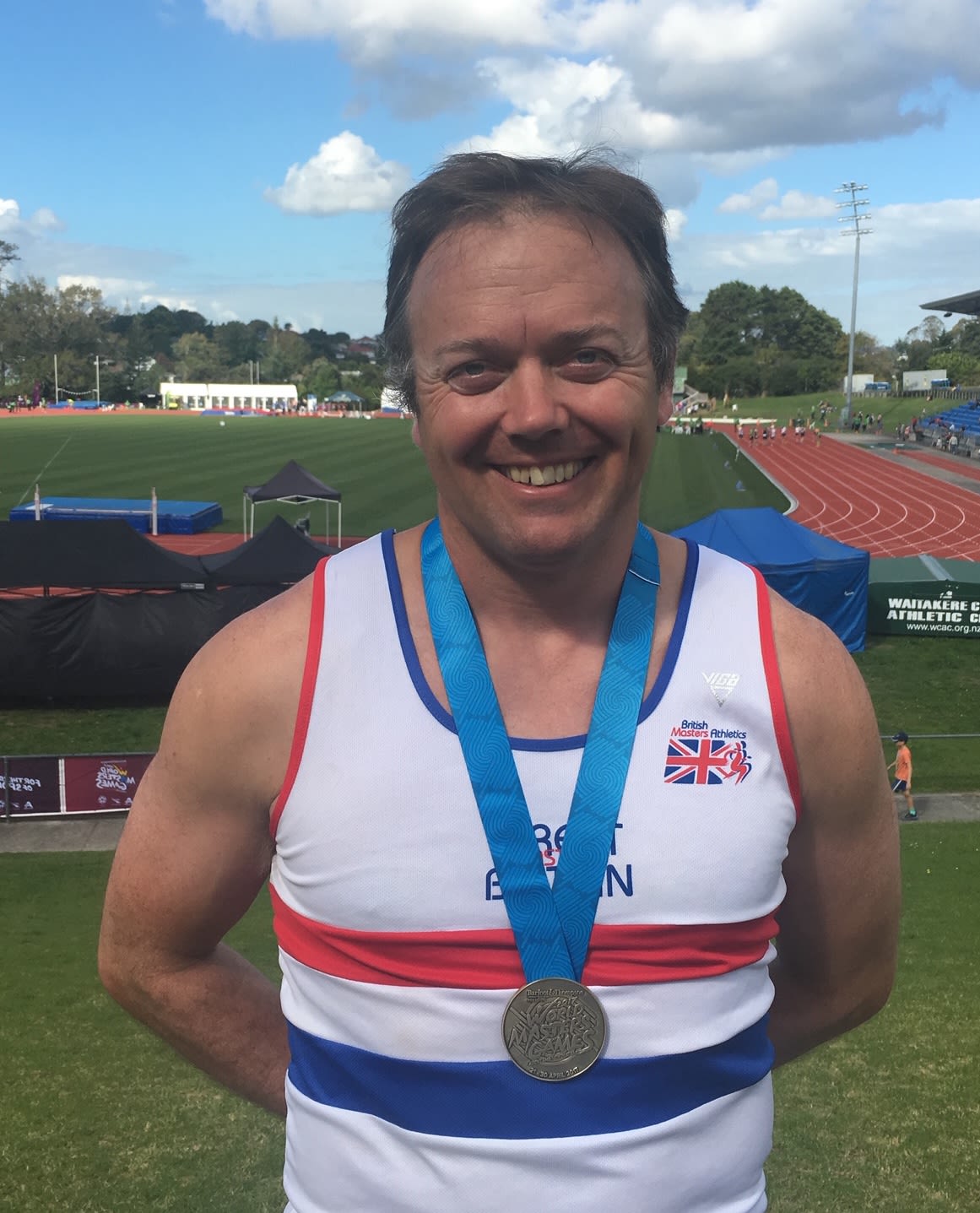
Gordon on his way to gold at the 2017 World Masters Games in Auckland, New Zealand
Gordon on his way to gold at the 2017 World Masters Games in Auckland, New Zealand
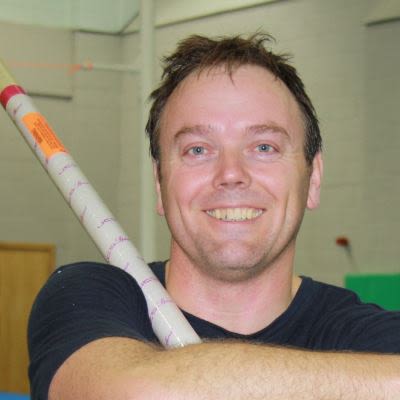
Gordon understands the stubborn diligence one requires to be successful in sporting terms, but also contends that the lessons learned from the practice-over-talent argument should be applied to other aspects of life.
“This doesn’t apply just in sport, it applies across the board,” he says. “My business career was a pile of shit until my late 30s when I had enough experience, skill and knowledge combined with extreme motivation, and now I have a £20million business.
“That’s from applying myself in a way that I’d never done before. Failure just wasn’t an option.
“I’m a massive believer that you can get to wherever you want if you have the passion and application, and that’s a really important message for younger people to get.
“The one single message that comes from my belief is that application will take you an awful long way, and if you have a degree of talent sitting underneath that, then you’re in real business.”
